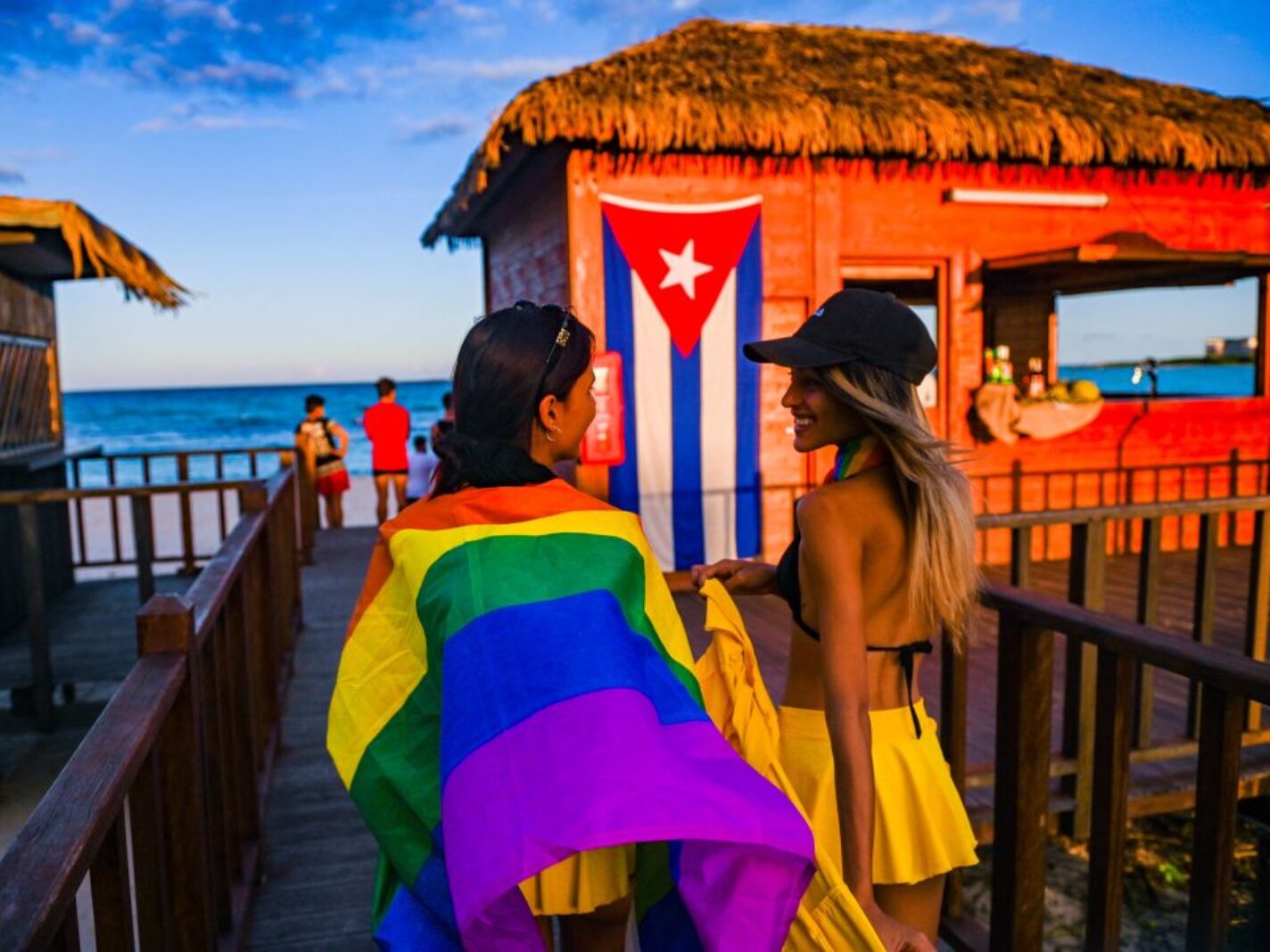In a shocking referendum, Cuba voted to legalize same-sex marriage as part of a new family code within the Communist government. If put into law, it will join other countries such as Argentina, Brazil, Chile, Colombia, Ecuador, and Uruguay.
Two-thirds of voters were reportedly in favor of passing the referendum, turning the tide on the island’s long and hostile stance on gay rights. The Cuban government campaigned for the new law using billboards, rallies, and official media, calling for the Cuban people to support the referendum.
The new family code also allows same-sex couples to adopt while increasing the rights of women, the elderly, and children on the island.
The Cuban government has had a long history of brutalizing and ostracizing the LGBTQ+ community on the island. During the 1960s, as the revolution took hold in Cuba, LGBTQ+ people were jailed and sent to re-education camps. Che Guevara was a prominent figure in criminalizing LGBTQ+ in Cuba, even establishing a concentration camp that would hold LGBTQ+ people as counter-revolutionaries, among other groups the revolution found to be against their crusade.
The rebuke of the traditional machismo culture long permeating Cuba has been done through the single-party system on the island. It’s the latest advancement for LGBTQ+ rights under the regime. As it stands, workplace discrimination based on sexual orientation is outlawed, and Cuba has begun paying for gender reassignment surgeries.
Cuba’s evolution on LGBTQ+ rights has been accredited to Mariela Castro, Fidel Castro’s niece and an activist who hopes to undo her family’s legacy of homophobia.
